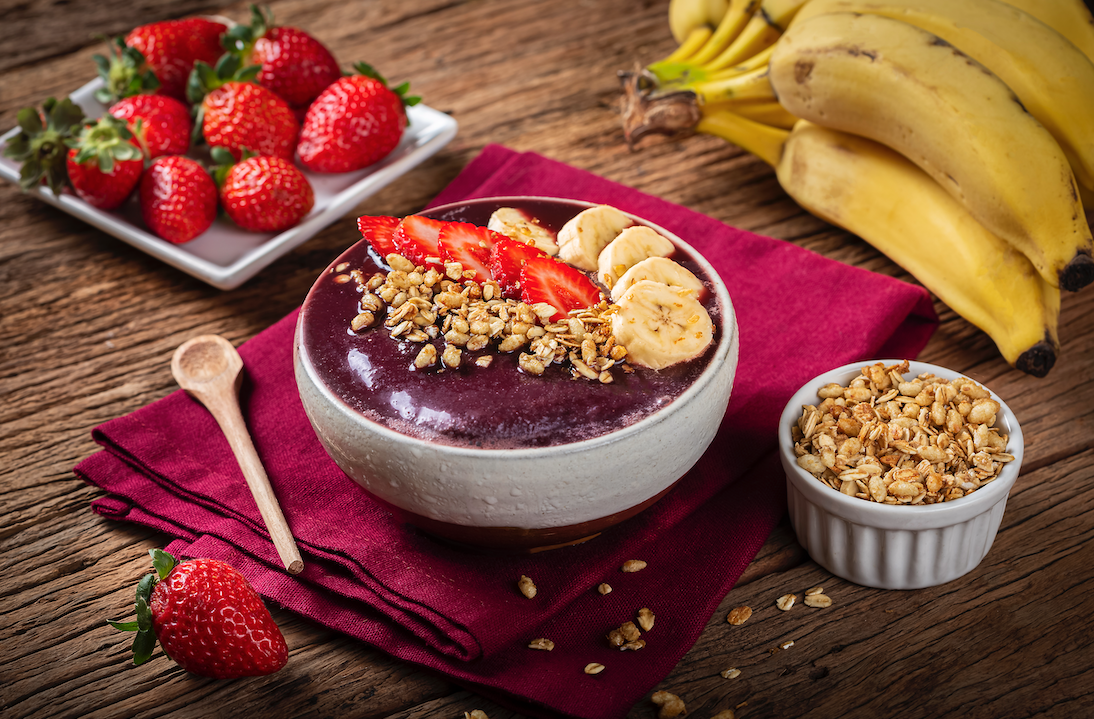
Irish moss
Irish Moss dates back several hundred years ago, and it originates in Ireland. Nowadays, this “superfood” seaweed is consumed for its vitamin and mineral content.
Usage
Antioxidant
Fucoxanthin and other carotenoids found in Irish moss act as antioxidants.
Heart Health
Can help promote hearth health.
Improved Gut Health
Contains prebiotic mucilage, a type of fiber that promotes gut health.

How to use Irish Moss?
Gel
Irish Moss in a form of gel is added to a lot of recipes.
As a Supplement
Available in liquid extracts, capsules, and powders for digestive and intestinal problems, etc.
Make a tea
The tea is one of the best plant sources of omega-3 fatty acids.
Irish Moss is often added to formulas when soothing support for the internal mucous membranes is needed, such as for the upper respiratory system.
The name Irish moss got its name when it was made famous during the potato famine in Ireland in the 1800s.
People were desperate for food, and they started eating the red alga that was on the rocks.
It has high carrageen content, which is used to thicken and gel foods.
About
Chondrus crispus, or Irish moss, is a common edible red seaweed that can be found on rocky shores in the Northern Atlantic. It has a history of traditional herbal use throughout Europe and holds a place within Irish folklore. Nowadays, this “superfood” seaweed is consumed for its vitamin and mineral content. Irish moss naturally contains carrageenan, a substance widely used for its thickening and stabilizing properties.
The use of carrageenan from seaweeds probably dates back several hundred years and probably originated in Ireland, where the red algal species Chondrus crispus was used as a food thickener and was given the name Irish moss.
Composition
The healthful properties of Irish moss include Vitamins A, E, F, and K, calcium, potassium, and sulfur. It is also a naturally occurring source of iodine, which can be difficult to include in one’s diet through food alone (making iodized salt the most common source), and is especially important for supporting healthy thyroid functioning.
Science
There is plenty of research in the field of neurodegenerative diseases, such as Parkinson's disease. An experimental study demonstrated that dietary supplementation of the model organisms with an extract from the cultivated Chondrus crispus decreased the accumulation of α-synulein and protected the worms from the neuronal toxin-, 6-OHDA, induced dopaminergic neurodegeneration.
It also showed that the enhancement of oxidative stress tolerance may have served as the molecular mechanism for the C. crispus-extract-mediated protection against Parkinson's pathology. Altogether, apart from its potential as a functional food, C. crispus might find promising pharmaceutical applications for the development of potential novel anti-neurodegenerative drugs for humans.
Safety
Seaweeds contain naturally high levels of iodine. This product is harvested from the sea, therefore occasional shell fragments may be present in the product. Consumption of this product may cause a reaction in persons with allergies to fish or shellfish. Consult with a healthcare practitioner before using, particularly if you are pregnant, nursing, or on any medications.
The extraction methods for carrageenan involve extensive heating and processing, and the resulting additive contains little of the same nutritional benefits as pure carrageen. So, while you may wish to avoid carrageenan as an ingredient in processed foods, pure, unprocessed Irish moss is not believed to pose any of the same potential harm
Fun Facts
Irish moss is one of the best plant sources of omega-3 fatty acids.
-
Oshima, E. (2013). Medicinal uses of seaweed in traditional chinese medicine. Traditional Chinese Medicine: Scientific Basis for Its Use (31), 238.
Martínez, Y., Ayala, L., Hurtado, C., Más, D., & Rodríguez, R. (2019). Effects of dietary supplementation with red algae powder (Chondrus crispus) on growth performance, carcass traits, lymphoid organ weights and intestinal pH in broilers. Brazilian Journal of Poultry Science, 21.



